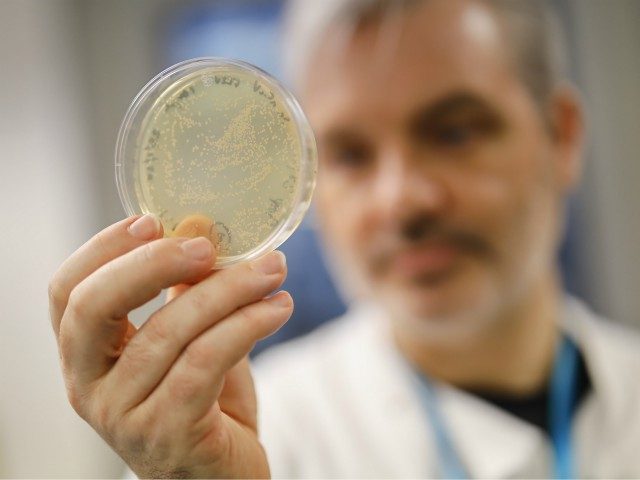A senior scientist from the Scientific Advisory Group for Emergencies (Sage) said the decision to lock down the UK and efforts to increase capacity at intensive care units means that the NHS may be able to cope with the worst part of the pandemic.
Imperial College London’s Neil Ferguson told MPs on the House of Commons Science and Technology Select Committee on Wednesday that the measures will help turn the outbreak “from a growing epidemic into a declining one”.
He said: “With this current strategy being adopted now we think that in some areas of the country ICUs will get very close to capacity but it won’t be breached at a national level.
“There are some areas of the country that will be extremely stressed but we are reasonably confident — that’s all we can be at the current time — that at a national level we will be within capacity.”
Professor Ferguson’s paper had been the source of Prime Minister Johnson’s decision to take the recommendations for self-isolation to full enforced lockdown. He told MPs in comments reported by HSJ that if self-isolation is maintained and increasing capacity in the NHS continues, then deaths could be “substantially lower” than the previously-predicted 20,000.
The UK is around two weeks behind Italy, which with more than 6,000 deaths is the worst-hit country in Europe. By official figures, Italy has seen more deaths than China, where the virus originated. Harrowing reports in recent weeks revealed Italian hospitals struggling to keep patients alive. It is believed that the worst of the pandemic will be felt by the UK in around three weeks.
The government and the National Health Service (NHS) have been taking measures in recent days to increase capacity for intensive care units. Secretary of State for Health and Social Care Matt Hancock announced on Tuesday that the ExCel convention centre in London — the hardest-hit region of the UK — will be turned into a field hospital for up to 4,000 coronavirus patients.
Nearly 12,000 doctors, nurses, pharmacists, and other healthcare professionals have returned from recent-retirement, while 5,500 final-year student doctors and 18,700 final year nursing students have been moved to the front line in preparation for the worst of the outbreak. The military has also been working to support the NHS, delivering masks to St Thomas’ hospital in London on Wednesday.
The health secretary also called for a volunteer NHS “army” of 250,000 to do simple but vital tasks for the 1.5 million vulnerable people who are facing months of total house-bound isolation, like picking up prescriptions or groceries. Overnight, 170,000 people have already volunteered.
British industry is also stepping up, with distilleries turning production to hand sanitisers while British companies like GTech and Dyson are using their know-how in designing vacuum cleaners to engineer respirators. Other businesses are working on developing and building breathing apparatus before the worst of the pandemic hits the United Kingdom, including Airbus, Ford, McLaren, and Rolls-Royce which are all part of the consortium The Ventilator Challenge UK.
It is believed that 30,000 ventilators will be needed to cope with the pneumonia-like virus; the UK currently only has 8,175 devices. GTech owner Nick Grey said earlier in the week that his company alone “can build them in a short time and in quite high volume… I’d estimate at a thousand a day.”

COMMENTS
Please let us know if you're having issues with commenting.